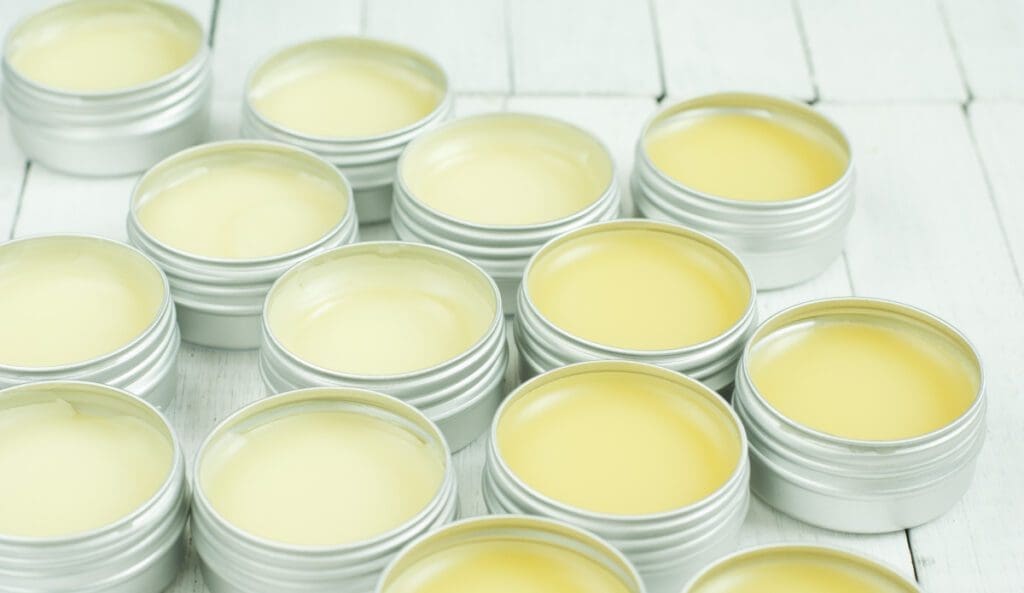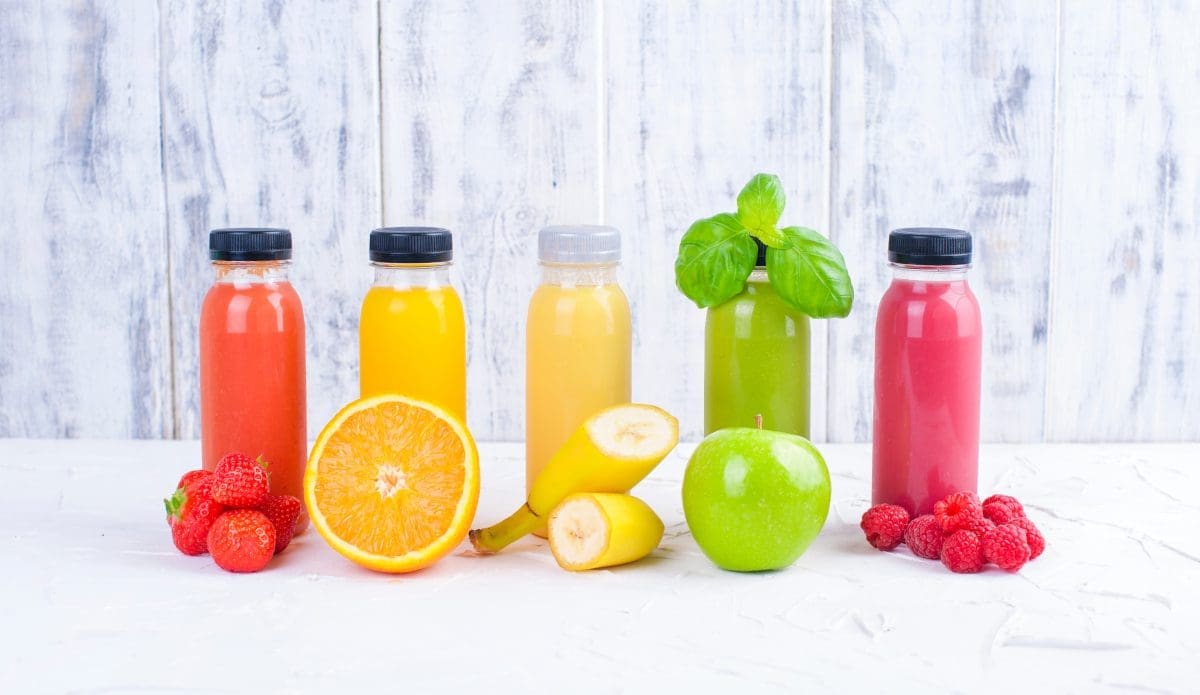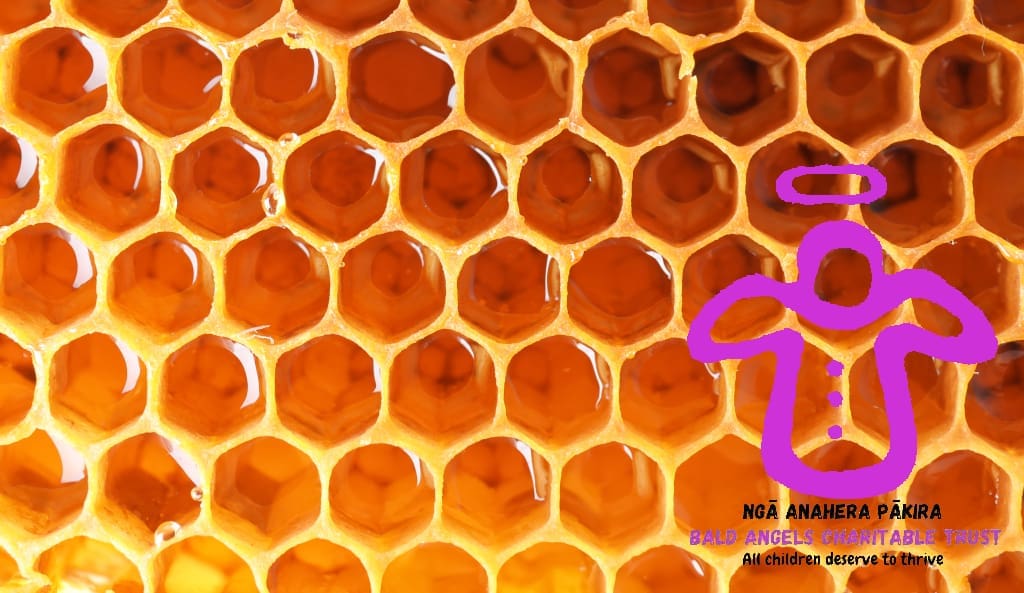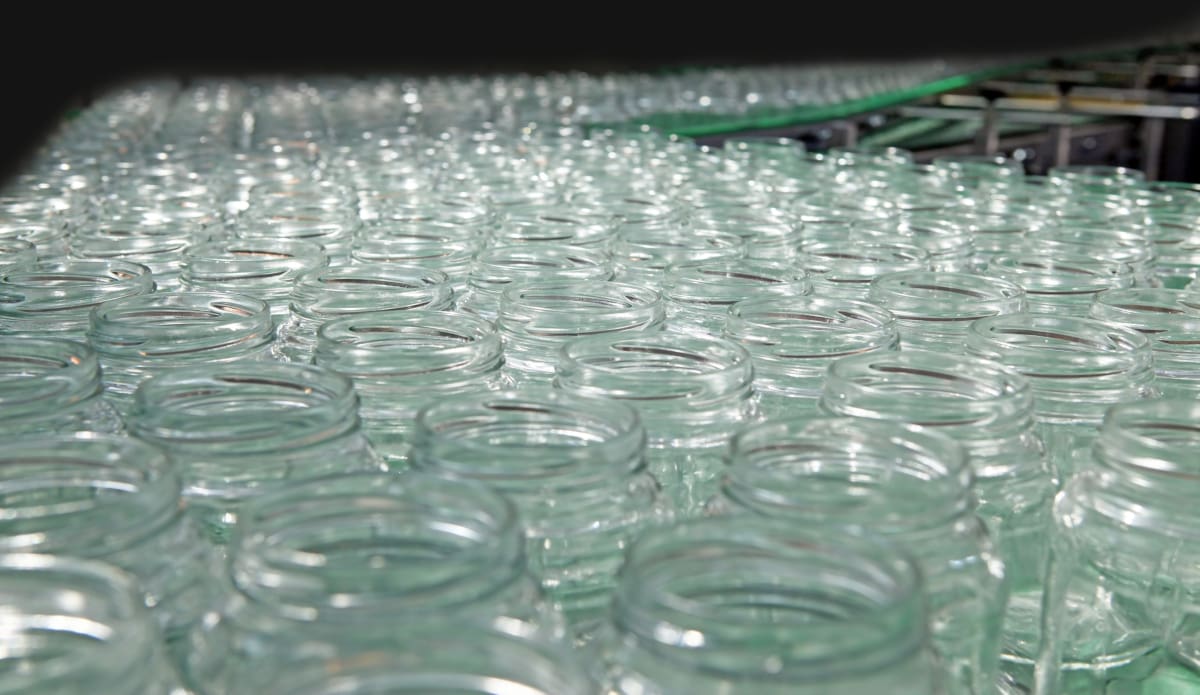Want to make your packaging so good that customers simply have to pick it up, and then buy it? There are seven essential elements to creating eye-catching packaging.
1. It Has to Be the Centre of Attention
Much like the four-year-old who requires your immediate and constant attention, your packaging needs to create that same level of spotlight. That doesn’t mean you make your packaging fluorescent green with pink font though; you can still be on-brand, communicating your ethos, and stand out from the herd.
Textures, shapes, colours, and orientations all play a role in this.
2. Your Product Purpose Needs to Be Front and Centre
Is your moisturiser for aging dry skin or those with acne? Is it all about natural ingredients, or cutting-edge science? Potential customers need to see this all at a glance, in a matter of seconds.
People simply won’t buy a product unless they know what it is, and what it does. Studies say that in 20 minutes in a store, customers only read three lines of text on product packaging. How can you communicate your product purpose without text?
3. Make Your Customer Feel Things
Provoking emotions encourages people to buy products, and makes the item more memorable too. What are you trying to appeal to? Joy, nostalgia, or are you trying to inspire your buyers?
Packaging is more than just listing a bunch of benefits or features. If you can make your potential customer feel something, you’re more likely to get them to buy.
4. Aim To Be Iconic
Apple, Nike, and Coca-Cola are all iconic brands. That tick, curve, or apple are unmistakable, and provide value to every item that has it on it. While not every brand can be an international icon, think of Canterbury’s triple-Kiwi, or Whittaker’s font, or DEKA… Instantly recognisable in NZ.
Brands don’t have to be recognisable to people who don’t matter, either. Think of the Clutha District Council logo, which resembles the iconic Clutha bridge. Only people in South Otago ‘get it’ and they are the only people who need to. Go hyper-local, recognisable, and endlessly replicable across all your products.
5. What Are Your Benefits
Tell the people what they need to know. Lay out the benefits of your product over all the others. Sugar free? Compostable packaging? Natural ingredients? Safe for babies? Whatever it is, make it really, really, clear.
Differentiate yourself from your competitors. Why should a customer buy your tomato sauce over all the others on the shelf? Is it the low sodium, great tangy taste, that kids love it, or something else altogether?
6. Target Your People
Like the Clutha District Council logo, there’s no need to appeal to every single person in the world. Cat people aren’t interested in buying dog food. Young people aren’t interested in anti-wrinkle eye creams.
Find your target audience, and market exclusively to them. If your moisturiser is for environmentally conscious women in their 30’s, the packaging is going to be different than a teenager who just wants clear skin.
7. Get the Basic Packaging Supplies Sorted
Before you get too deep into creating the perfect packaging that ensures you get all the market share, you need to consider the logistics and legalities of packaging. Once you’ve got the perfect packaging supplies, then it’s time to consider the branding and marketing.
First, logistics. What kind of packaging is best for your product? Does it need to be robust enough that it won’t break in transit? Should it be compostable or recyclable? Could the product be contaminated by poor quality packaging or the wrong type of material? Things like honey or oil or moisturiser have very different packaging concerns than a powder or solid item.
Alongside this, there are legislative requirements. For instance, in NZ the label requirements include you must list ingredients, any allergens, composition information, nutritional information. This can create a crowded and confusing label, so consider your label types too. While in-mould labelling can be super helpful for some products, for smaller cosmetic jars you could consider ‘expanded content labels’, which are small, folded leaflets that reseal. This can save you valuable eye space to focus on getting your branding message across.
If you’re struggling to figure it all out, contact us at Comag. We know the ins and outs of packaging needs, and have a big selection so you can find the perfect packaging for your product.




